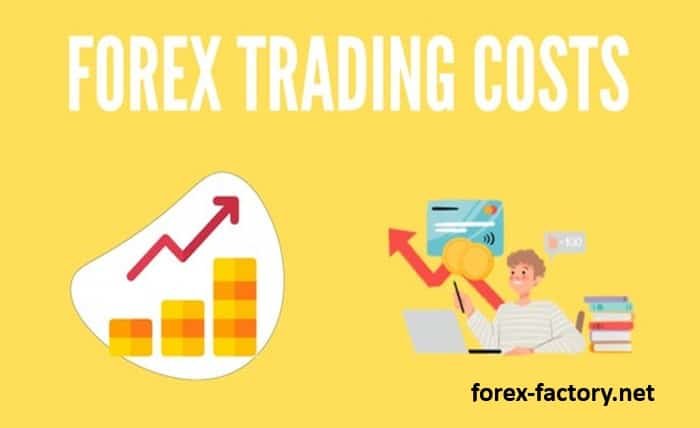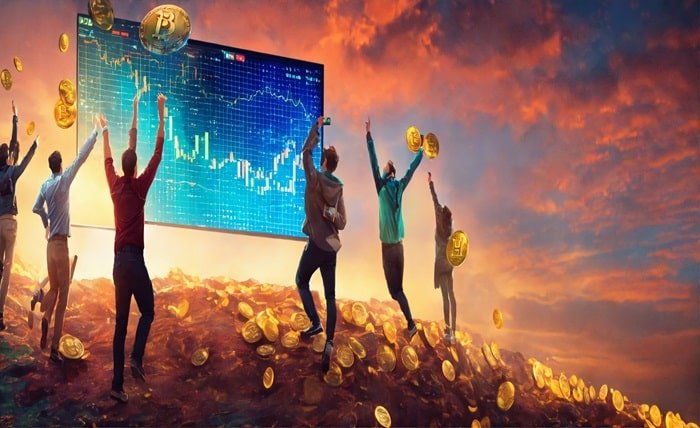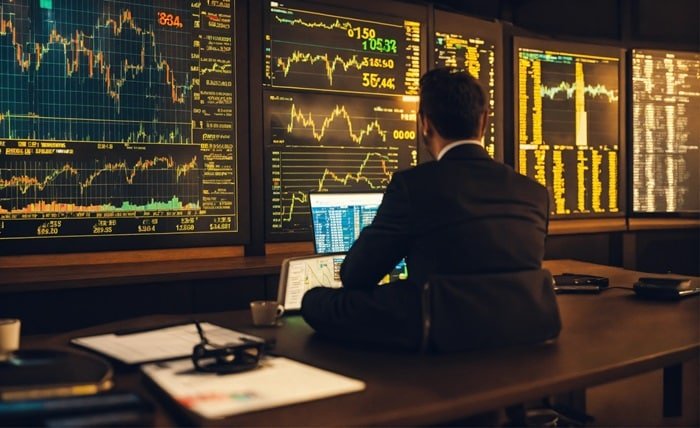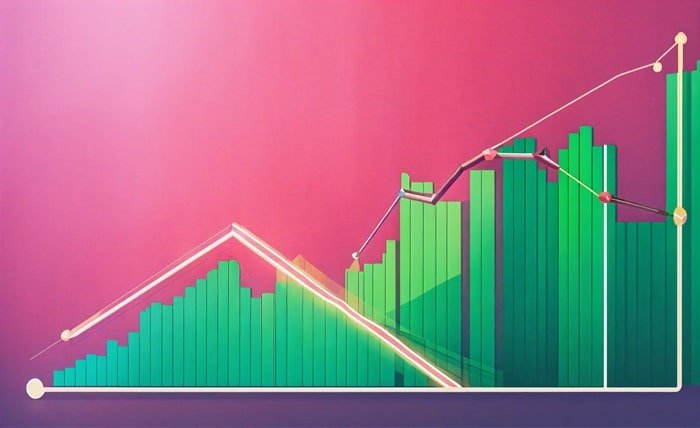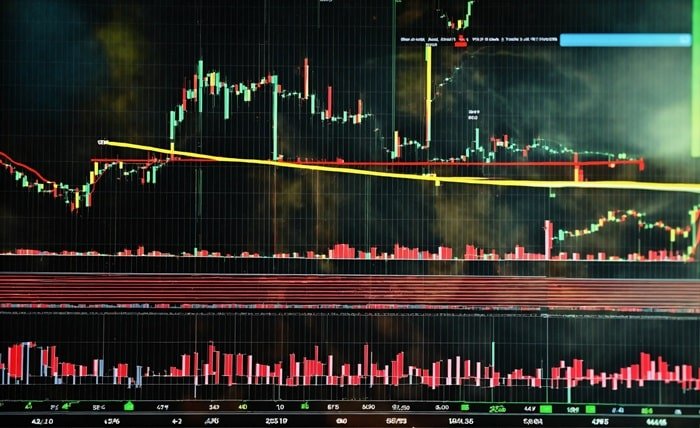Introduction
Forex is a potent conductor in the complex world of finance, where currencies move to the beat of international markets. Let’s explore the subtleties of foreign exchange trading, dispelling its mystery and illuminating the harmonious relationship between currencies.
What Is Forex?
Trading one currency for another is knowCurrency pairs are vital in forex trading. These pairs show the relative values of various currencies. For example, EUR/USD represents the value of the euro against the US dollar. One currency is quoted against another, indicating the exchange rate, as part of the pricing system. n as “foreign exchange,” or forex. To make money from changes in exchange rates, traders speculate on price movements between currency pairings. Fortunes are earned and lost in this exuberant dance.
The Largest Financial Market
The foreign exchange market, also referred to as forex or FX, is the biggest financial market in the world. Every day, trillions of dollars exchange hands there, creating a thriving center where several countries’ currencies mingle. Exchange rates are always fluctuating, changing every second.
Currency Pairs and Pricing
Currency pairs are vital in forex trading. These pairs show the relative values of various currencies. For example, EUR/USD represents the value of the euro against the US dollar. One currency is quoted against another, indicating the exchange rate, as part of the pricing system.
How Forex Trading Works
A few of the tactics used by forex traders are sentiment analysis, technical analysis, and fundamental analysis. They keep an eye on central bank policy, geopolitical developments, and economic data. They take trades and try to profit from price changes by using leverage.
Major Players: Who Participates in Forex?
Several key players drive the forex market:
- Commercial banks: By converting currencies for companies, these establishments help in cross-border trade.
- Central Banks: Through monetary policy, governments utilize central banks to affect exchange rates.
- Investment Banks and Speculators: Speculators and investment banks exchange currencies in an attempt to capitalize on changes in the market.
- Retail traders: Through internet platforms, individuals can also engage in forex trading.
Factors Affecting Exchange Rates: A Complex Dance
Several factors influence exchange rates, including:
- Interest Rates: A nation’s currency usually strengthens when interest rates are higher there.
- Inflation: Inflation reduces purchasing power and devalues a currency.
- Economic Performance: Strong currencies are frequently the result of robust economies.
- Political Stability: Uncertainty in politics can make a nation’s currency weaker.
- Supply and Demand: Basic economic concepts related to supply and demand also come into play.
Types of Forex Markets
- Spot Market: Instant currency exchange at the going rate in the market.
- Forwards market: contracts to swap currencies at a future date that is specified in advance.
- Futures Market: exchange-traded, standardized contracts for exchanging currencies.
- Options Market: Currency purchase and sale rights, but no obligation to do so, are granted via contracts in the options market.
- Swaps Market: Instantaneous spot and forward deals, frequently utilized for risk management
Risk and Reward
Forex trading has significant profit potential, but it also carries some risks. Leverage, volatility, and geopolitical developments all increase gains and losses. To control risk, traders need to use stop-loss orders, disciplined execution, and careful position sizing.
Conclusion
Forex is a symphony of currencies that both harmonize and disagree; it’s more than just numbers. Gaining a grasp of this global stage will enable you to manage the complex fluctuations of the forex market, regardless of your level of experience as a trader. So let’s dance with the currencies, study the charts, and embrace the beat.
FAQs:
-
What is the difference between forex and currency exchange? Forex trading involves speculating on currency movements, while currency exchange simply converts one currency to another for a transaction.
-
Who can participate in forex trading? Anyone with access to an online forex broker can potentially participate, but a strong understanding of the market and risk management is crucial.
-
What are the main factors affecting exchange rates? Interest rates, inflation, economic performance, political stability, and supply and demand all play a role.
-
Is forex trading a good way to get rich quickly? Forex trading offers the profit potential, but it’s not a get-rich-quick scheme. Significant risks are involved, and traders should be prepared for potential losses.
-
Where can I learn more about forex trading? Several online resources and educational materials can help you learn about forex trading. However, consulting a financial advisor before investing is recommended.
